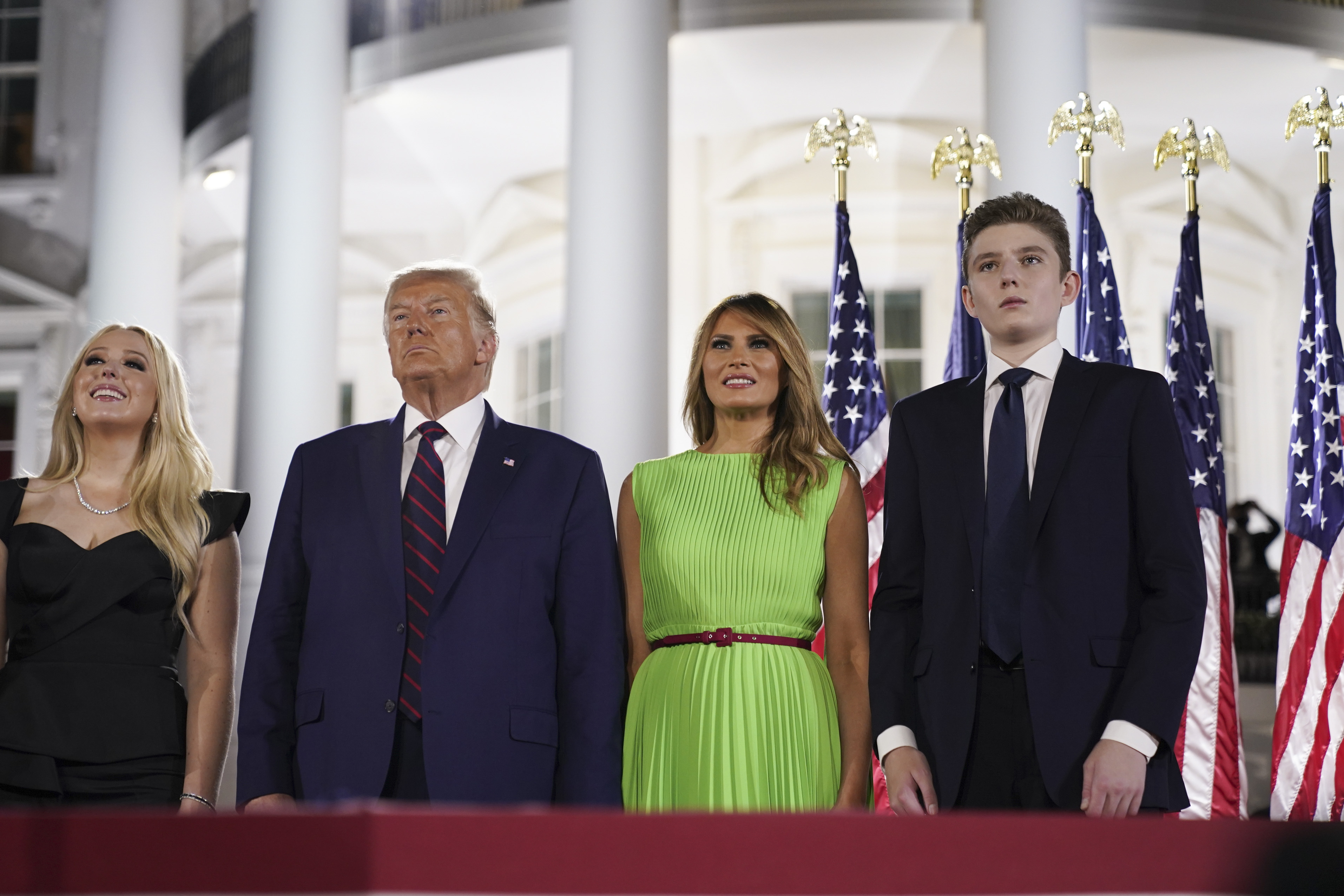Some of the key policies of Moon Jae-in, who is set to be South Korea's next president after his main rivals conceded following Tuesday's election:
ENGAGEMENT WITH NORTH KOREA
A former aide of late liberal President Roh Moo-hyun, who sought rapprochement with North Korea, Moon has been critical of the hard-line stances that conservative governments in Seoul maintained against North Korea over the past decade.
Moon says the confrontational approach did nothing to prevent North Korea from expanding its arsenal of nuclear weapons and missiles and only reduced Seoul's voice in international efforts to deal with its rival.
He calls for sanctions and pressure against Pyongyang to be balanced with engagement efforts, and says he's open to the idea of holding talks with North Korean leader Kim Jong Un over the nuclear issue, which would mark a sharp departure from recent South Korean policy.
He also vows to reopen an industrial park in the North Korean border town of Kaesong that was jointly run by the two Koreas before the government of impeached South Korean President Park Geun-hye, who is in jail awaiting a corruption trial, closed it last year following a nuclear test and long-range rocket launch by the North.
RECONSIDERING U.S. ANTI-MISSILE SYSTEM
Moon has also shown a willingness to challenge the United States, a key ally of South Korea, saying that Seoul should reconsider its deployment of an advanced U.S. missile defense system to better cope with North Korean threats.
Moon says that the security benefits of THAAD, or Terminal High Altitude Area Defense, would be curtailed by worsened relations with China, whose help Washington and Seoul are trying to enlist to pressure Pyongyang into giving up its nuclear ambitions.
U.S. & World
The day's top national and international news.
China, South Korea's largest trade partner, has raised concerns that THAAD's powerful radar could be used to peer deep into its territory and monitor its flights and missile launches. Seoul has raised suspicions that Beijing is retaliating against plans for THAAD by limited Chinese tour group visits to South Korea.
CURBING EXCESSES OF CHAEBOL
Succeeding Park, the country's first female president, Moon has vowed to end a decades-long culture that brewed murky ties between politicians and businesses.
Moon promises to launch a powerful new anti-corruption body and also curb the excesses of "chaebol," a privileged group of family-owned conglomerates such as Samsung and Hyundai, which have been criticized for bribing politicians for business favors and unfairly crushing smaller companies in competition.
Moon wants to strengthen the influence of minority shareholders in electing board members. He says this would prevent conglomerates from excessively transferring corporate wealth and management power to their founding families, who often enjoy imperious control over group businesses despite holding only small stakes in publicly listed companies. Moon also calls for stronger punishment for white-collar crimes committed by chaebol owners and government officials who take bribes from them.
The scandal involving Park has also led to the arrest of Lee Jae-yong, the billionaire scion of Samsung, who is suspected of bribing Park and one of her close confidantes in an effort to win government support for a 2015 merger between two Samsung affiliates. The deal allowed Lee to further promote a father-to-son transfer of wealth and management power at the group.
CREATING JOBS, STRENGTHENING WELFARE
To address a bleak job market for young people, Moon has pledged to spend 4.2 trillion won ($3.7 billion) annually to create 810,000 public sector jobs over the next five years, including bureaucrats, social workers, teachers, police officers and firefighters. He promises stronger government support for small companies and startups, and to reduce South Korea's notoriously long work hours to help boost job creation.
Moon has also vowed to raise the minimum wage to 10,000 won ($8.80) an hour from the current 6,470 won ($5.70) by 2020. He calls for stronger measures to prevent companies from discriminating against part-time or contract workers, who are becoming a larger part of the country's workforce but often have to put up with lower wages and harsher work conditions.
His campaign pledges on welfare include strengthening payment for working parents during maternity and paternity leaves, establishing more state-run childcare facilities, and increasing pension payments for the elderly and health insurance coverage for Alzheimer's and related disorders.



